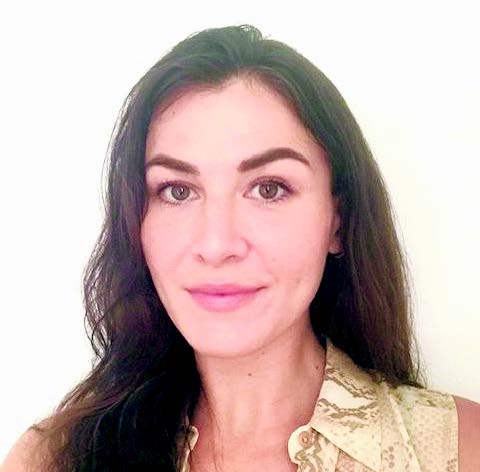TIM SMITH
In an ideal world, we would all be eating such a healthy and balanced diet there would be no need for vitamin supplements.
But finding the time and money to prepare meals containing enough fresh fruit, vegetables, wholegrains, lean protein sources, and healthy fats is easier said than done in this relentlessly busy and expensive world.
And that’s before you factor in dietary requirements or picky eating habits that stop many of us from consuming the foods that give us important nutrients.

North Shore Medical Centre
Dr Kyjuan Brown, the medical director at North Shore Medical Centre, who has his own line of supplements, said there is no hard and fast rule to whether people should take them. “It depends what your diet is like,” Dr Brown said.
“People think if I’m eating a salad, I’m healthy. No. The salad doesn’t have all the vitamins and minerals you need.
“You need to start by giving your body what it needs so it can do what it has to do. If people don’t like certain kinds of food, or don’t have time to cook, the only way they can get the vitamins they need is by taking a tablet.”
People trying to lose weight, for example, can be short in B vitamins found in red meat, broccoli, spinach, avocados, and bananas. This can lead to weakness or heart palpitations.
Many people also have a shortage of Omega 3 fatty acids or fish oils, which help your cardiovascular health and brain.
“Nobody’s eating sardines like we used to,” Dr Brown explained.

Island Nutrition
Leila Bateman, a dietician at Island Nutrition in Hamilton, said vegans are often short on B12, pregnant women are advised to take folic acid and certain population groups benefit from calcium or vitamin D supplementation.
“Omega 3 fish oils may be a good idea if you have a limited consumption of healthy oils from salmon, fresh tuna, nuts, avocado and olive oils,” she said.
However, she warned supplements should never be seen as a replacement for a good diet and added: “Vitamin supplementation should complement or enhance a well-balanced diet if there any deficiencies, but it is often the case that people take supplements with no real need to.
“Yes, they can be useful in some situations where a person is deficient, but an isolated nutrient is not as effective as a whole food.
“Fruits and vegetables give us many vitamins and minerals but also a large amount of fibre. Fibre is so important to our gut health and in turn our risk of diseases.
“If you’re taking a supplement instead of a healthy diet there are a number of beneficial nutrients that will be missed.”
Vitamin D can boost bone and gut health, but its production is inhibited by melanin, so supplements are recommended for people with darker skin tones and those who cover their skin or spend less time outside.
Dr Brown advised to consult medical professionals and research the brand before deciding which supplements to take.
Ms Bateman added that multivitamins are typically safer than taking many individual vitamins.
For advice from Island Nutrition’s registered dietitians call 295-4082 or e-mail reception@ islandnutrition.bm
For advice from North Shore Medical Centre, which call 293-7456 or visit www.nmac.bm

